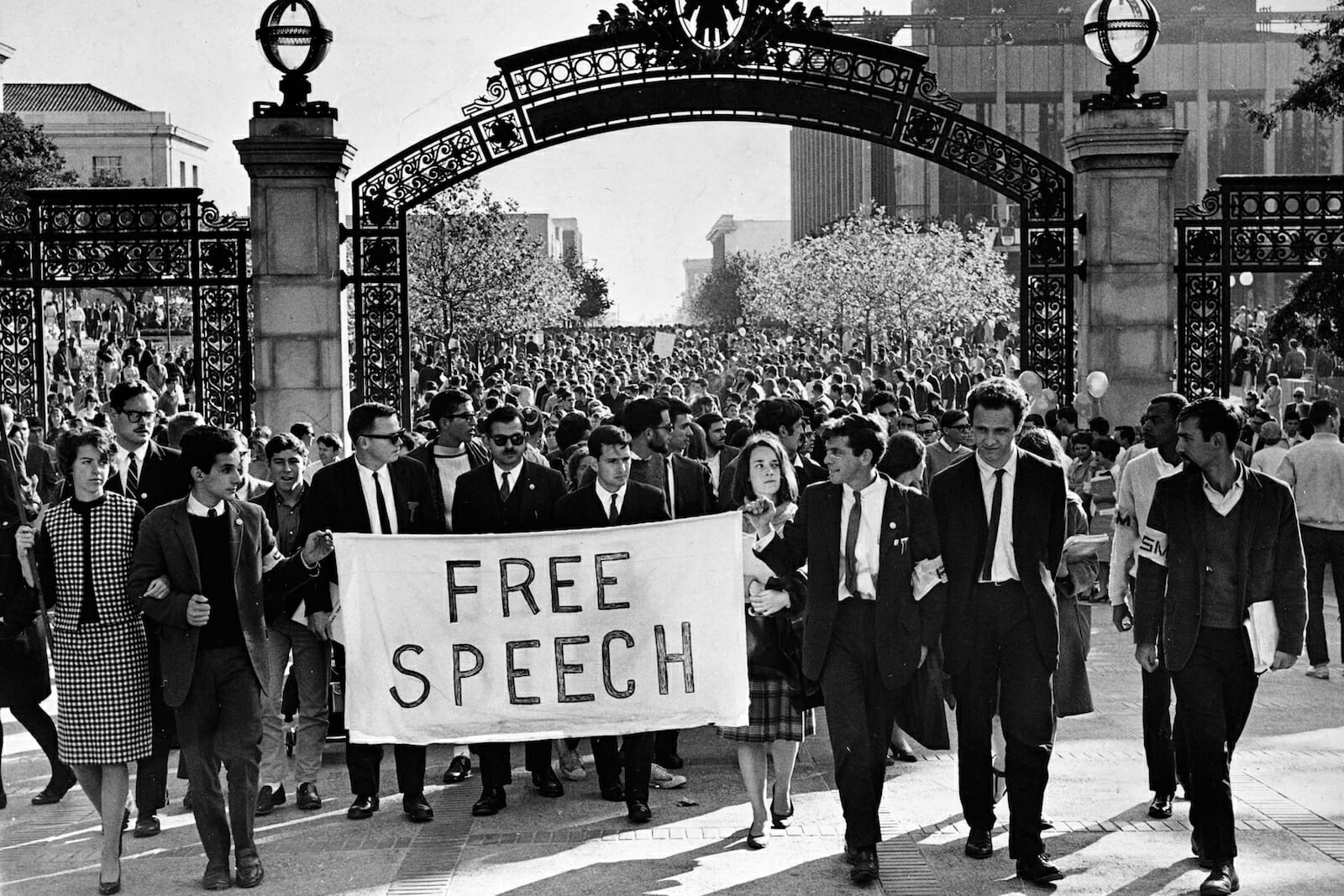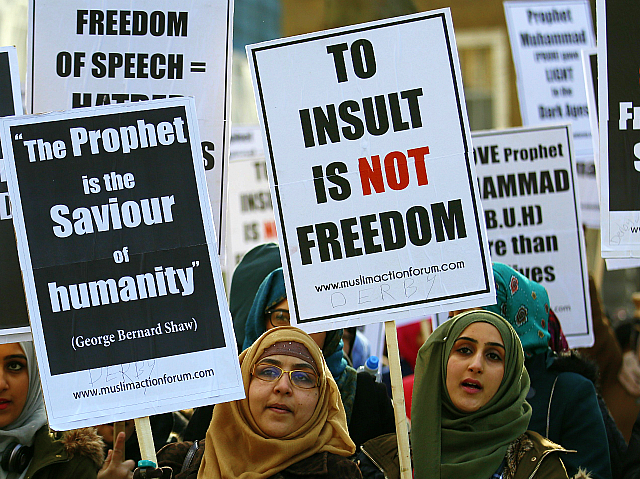
#Free speech free
Many of us are familiar with the censoring of popular music, movies, and art to exclude words or images that are considered “vulgar” or “obscene.” While many of these forms of censorship are technically legal, private groups like the National Coalition Against Censorship (NCAC) and the American Civil Liberties Union (ACLU) work to make sure that the right to free speech is honored. As long as government entities are not involved, this type of censorship technically presents no First Amendment implications. Private individuals and groups still often engage in censorship. However, there are still examples of government censorship in our history (see the 1873 Comstock Law and the 1996 Communications Decency Act), and the Supreme Court is often called upon to ensure that First Amendment rights are being protected. When the government engages in censorship, it goes against the First Amendment rights discussed above. The First Amendment Encyclopedia notes that “censors seek to limit freedom of thought and expression by restricting spoken words, printed matter, symbolic messages, freedom of association, books, art, music, movies, television programs, and internet sites” (Source: The First Amendment Encyclopedia).Ĭensorship by the government is unconstitutional. Stone and Eugene Volokh (Source: Interactive Constitution via the National Constitution Center)Ĭensorship is the suppression or prohibition of words, images, or ideas that are considered offensive, obscene, politically unacceptable, or a threat to security (Sources: Lexico and ACLU).

So what types of speech are protected by the First Amendment? Let’s turn to some experts to better understand. Since the adoption of the Bill of Rights, hundreds of cases have been seen by the Supreme Court, setting precedence for future cases and refining the definition of speech protected by the First Amendment.

Supreme Court has often been called upon to determine what types of speech are protected under the First Amendment. A private media company can refuse to publish or broadcast opinions it disagrees with.A private business can fire an employee for expressing political views on the job and.

A private school can suspend students for criticizing a school policy.It does not include private citizens, businesses, and organizations. This is a broad category that includes not only lawmakers and elected officials, but also public schools and universities, courts, and police officers. It applies to federal, state, and local government actors. The First Amendment only protects your speech from government censorship. Lata Nott, Executive Director of the First Amendment Center, explains: This ensures that Americans are free to critique the government, but it does not give Americans blanket immunity to say whatever they want, wherever they want, without consequences. The First Amendment also specifically refers to the interference of government in these rights. For instance: people are free to express themselves through publication however, false or defamatory statements (called libel) are not protected under the First Amendment. While the First Amendment acknowledges and protects these rights, there are limitations to how the amendment can be invoked. Understanding how and when these rights are protected by the First Amendment can help us better understand current events and court decisions. (Source: ) Freedom of the Press and Freedom of Speech Source: Freedom Houseįreedom of the press and freedom of speech are closely related, and are often the subject of court cases and popular news. And finally, it protects Americans’ rights to gather in groups for social, economic, political, or religious purposes sign petitions and even file a lawsuit against the government. It also prevents the government from establishing a “state” religion, and from favoring one religion over others. This amendment gives Americans the right to express themselves verbally and through publication without government interference. “Congress shall make no law respecting an establishment of religion, or prohibiting the free exercise thereof or abridging the freedom of speech, or of the press or the right of the people peaceably to assemble, and to petition the Government for a redress of grievances.” (Source: National Archives)

The amendment is part of ten amendments to the Constitution known as the Bill of Rights, which was adopted in 1791. The First Amendment Reads: Constitution protects what are commonly known as The Five Freedoms: freedom of religion, freedom of press, freedom of speech, freedom of assembly, and freedom of petition.


 0 kommentar(er)
0 kommentar(er)
